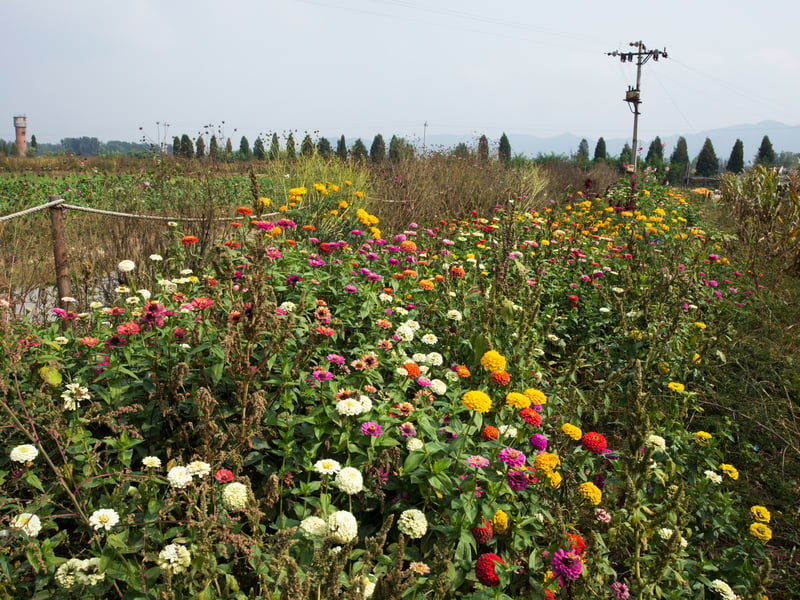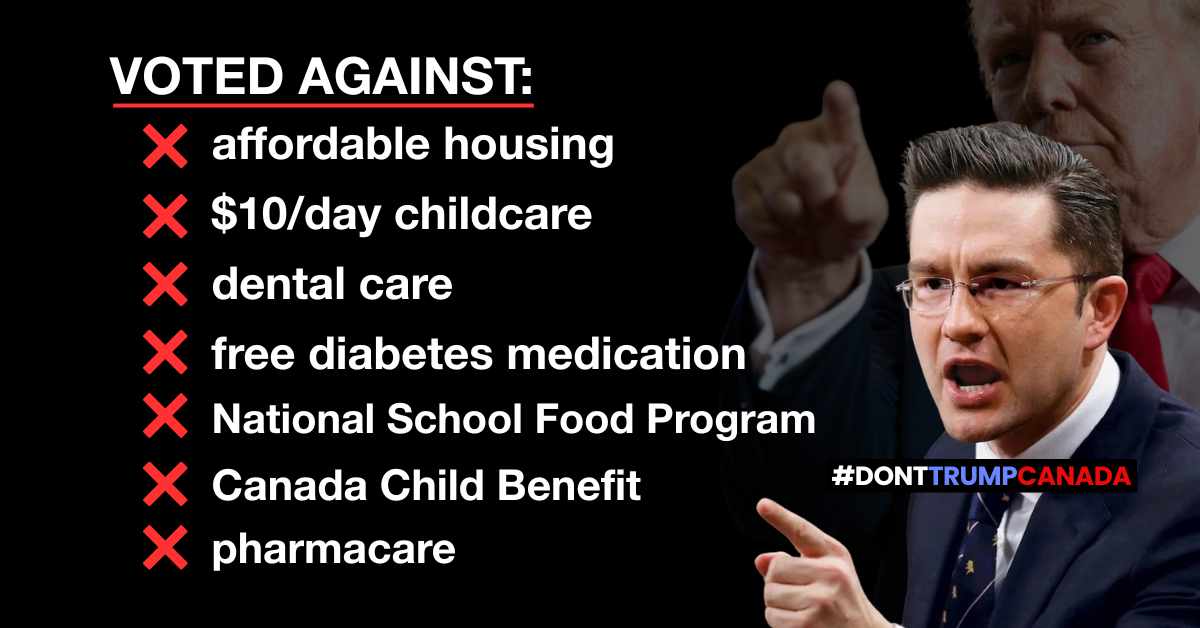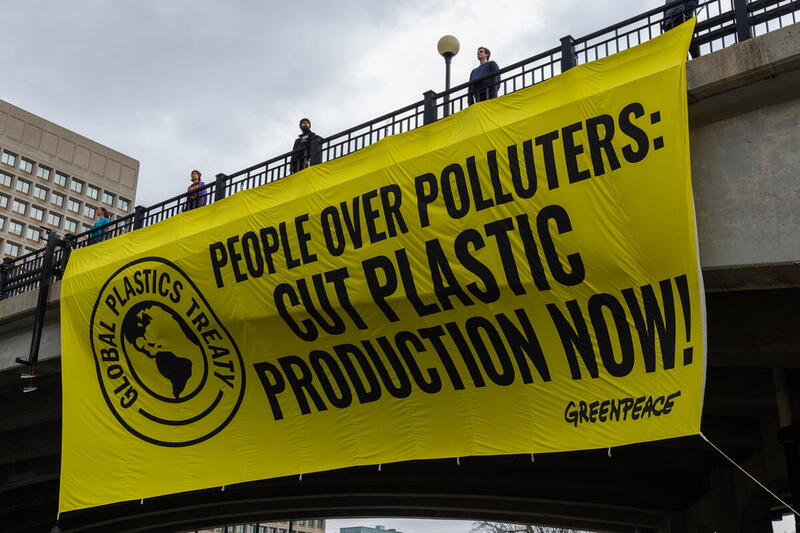Revolutionary founder of Toronto’s first justice-centered full-year farm, radical farmer, food sovereignty and community leader, farm school teacher, mentor, advocate for justice and liberation and systemic change-maker!
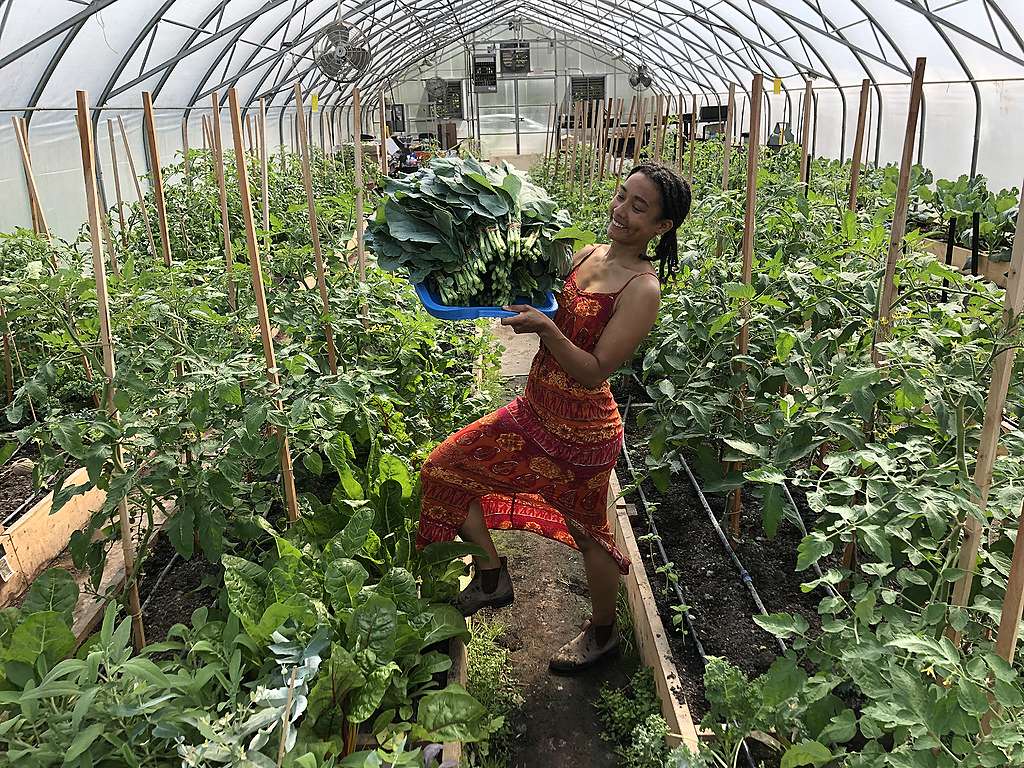
Cheyenne Sundance is the founder and farmer of Sundance Harvest Farm, a food justice-centered year-round urban farm located in Toronto, Ontario. She likes growing food because of the independence it brings to her and her community. She is a self-taught farmer out of necessity, due to the lack of anti-oppressive and food justice farm orientated schools in Ontario. Cheyenne is a food and community justice advocate. She has extensive skills in workshop facilitation, whether she’s talking to students or board members. Her pastimes include playing tic-tac-toe with chickens.
Cheyenne is a “‘revolutionary systems transformer” that is leading us to reimagine and reinvent the more equitable, anti-racist world we crave — one centred on food and climate justice as well as protecting biodiversity.
I first heard Cheyenne Sundance speak on a panel at FoodShare’s Advancing Food Justice and Equity event last fall. I was blown away by her drive, bold vision, confidence and acumen. But her unwavering commitment to creating a justice-centered equitable world where she and her friends would thrive in liberation through food sovereignty. Cheyenne espouses and embodies a deep connection to the land, all life forms and non-human and human ancestors alike. Most recently, Cheyenne enlightened Greenpeace supporters as one of three panelists for a recent COVID-19 YouTube Webinar we produced, “Our Food in Time of Crisis – Perspectives from the Frontlines”.
Food Liberation and Food Sovereignty as Systems Change
“Organically grown greenhouse produce that’s rooted in justice” accurately describes Cheyenne’s delicious greens and vegetables but her food growing ethic as well. “Sundance Harvest primarily focuses on Black and Indigenous food liberation and sovereignty,” she said. “I’m leading change for a few reasons. I’m doing it- that’s one. The fact that I, a 23-year-old mixed race Black identifying femme is running her own year round farm and paying people a fair wage is itself a system change … I have always said that food and land are the basis of all liberation,” says Cheyenne. “Without it, how are we supposed to mobilize for other justices, nourish our communities and of course fight for food sovereignty. Independence is growing food. Being able to sustain yourself. Without this, there is no liberation.”
“I think that systems change, for example in my case agricultural justice related work, can only happen when those who are directly affected by the issues are leading those solutions,” asserts Cheyenne (and we agree!).
“Those solutions for a food system change can be smaller farms, cooperatives, urban farms, year round farms, training and education, Indigenous land sovereignty, ethical distribution, migrant workers rights and much more. One cannot dismantle the Master’s house with the Master’s tools, to quote the amazing Audre Lorde. Those who are benefiting from colonial, white and class privilege cannot and will not be the people who have the tools to create a sustainable food system for all. And by all I’m including those most marginalized. And statistically across Canada, Black and Indigenous people are the most marginalized in the food system. We are also the least represented in decision making positions within organizations across Canada such as Executive Directors, Program Managers, Lead Farmers etc. even if those organizations come and set up shop in our communities.”
What she’s doing about food security during COVID-19
Cheyenne’s newest initiative, sprouted during our current COVID-19 pandemic context, Liberating Lawns, is a yard-sharing project matching prospective food growers with landholders. Her website explains how ‘yard sharing’ is a popular way across Canada to help people who want to grow fresh, local produce but don’t have access to gardening space. Cheyenne emphasizes that yard sharing helps increase local food security and builds resilient communities.
Youth education: Sowing the seeds of food sovereignty and food justice
And that’s not all.
Cheyenne is growing a food liberation movement and sowing the seeds of a resilient future food system. Her Growing in the Margins program cultivates principles of food sovereignty in Black and Indigenous queer, trans, and 2-spirited youth, empowering them to become justice-centered urban growers. As she poignantly describes on the program’s gofundme page “Youth are the future. With the decline of organic farmers and food growers due to aging happening in rural Ontario, now is the time to think about our local food system and how to keep it resilient for years to come. Investing in youth education is critical for that to happen.”
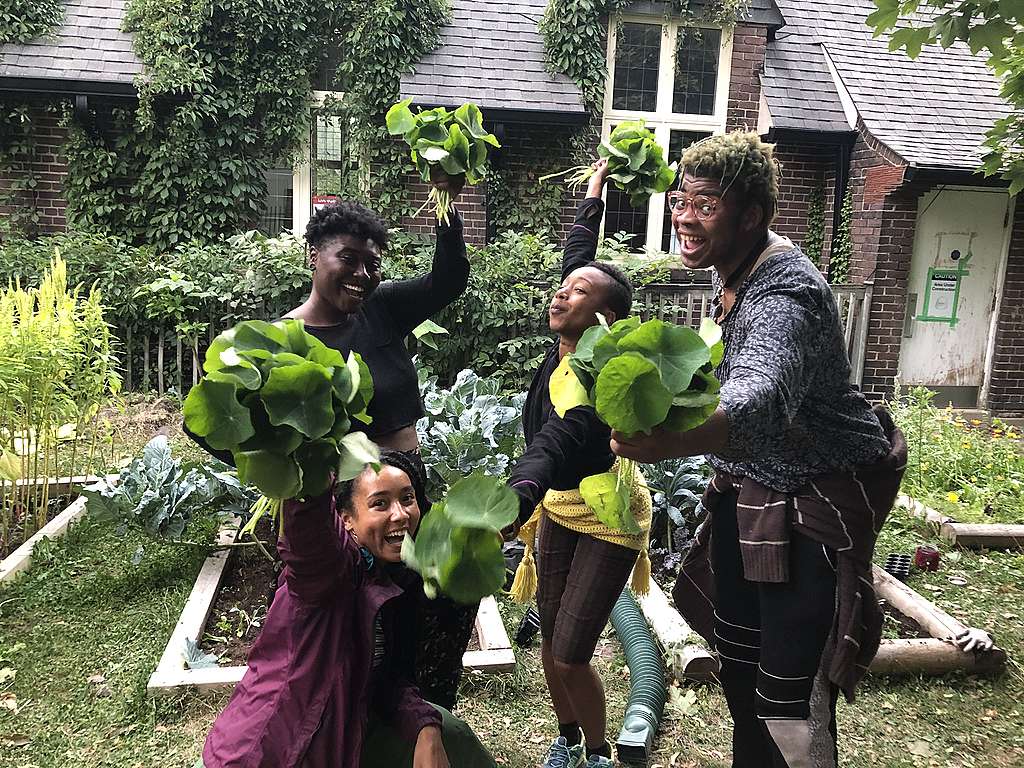
“I try as much as I can to offer free education, mentorship and guidance to those within my own community so hopefully Sundance Harvest’s model can be replicated for a stronger and resilient local food system,” she explains.
Systemic issues come into play, as noted in the program description: “Our lack of representation in the local food movement and organic farming isn’t because we aren’t interested. Instead, it’s because there is a lack of infrastructure, representation, funding and land to help us on this sustainable journey.”
Cheyenne’s Sundance Harvest Farm School is open to anyone in the wider community hoping to learn about urban farming … along with power and privilege. She notes that it is the most comprehensive urban agriculture education program in Toronto.
“This program is for the radical, the gardener, the activist, the student, the parent, the environmentalist, the free thinker, the garden dreamer, the apartment dweller and everyone in between” says Cheyenne.
The Backstory: How She Became a Farmer at Age 21
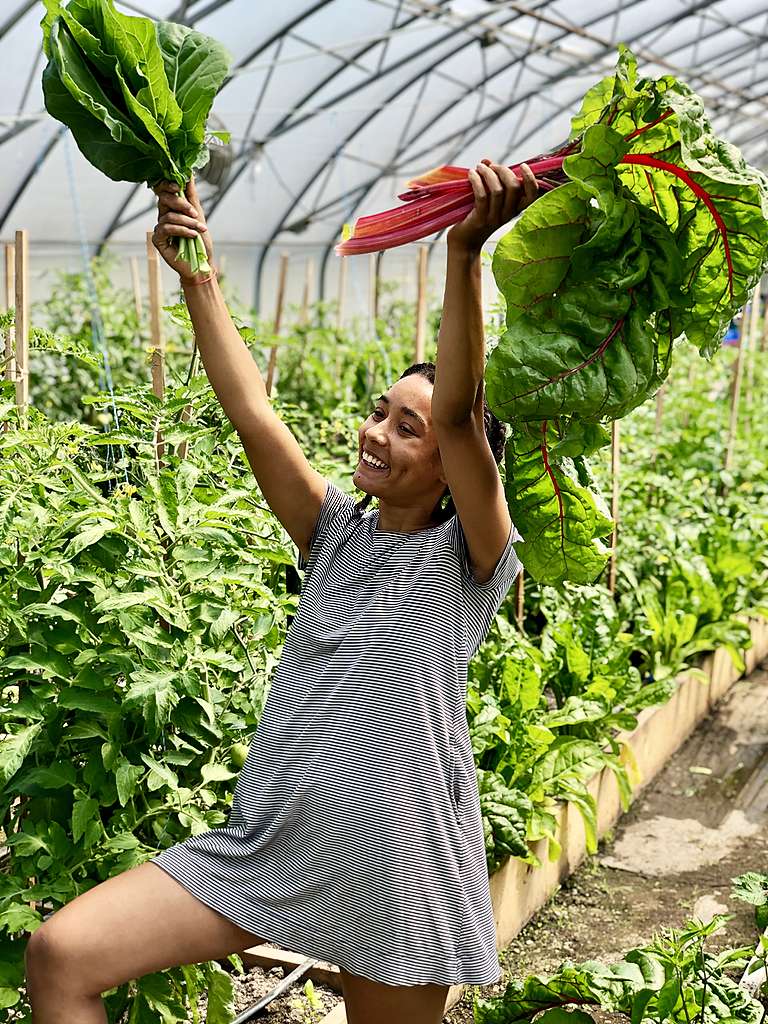
“I became a farmer not because I wanted to,” explains Cheyenne. “I actually never really cared about farming growing up. Until a few years ago I didn’t really know how carrots grew. But, I became a farmer because I had to. My community is strongly affected by food insecurity. You’ve heard earlier today that Black people and Indigenous people face the most food insecurity in Canada. So, if I didn’t see myself in a position of leadership and empowered — who was going to do that? And since the food system is corrupted by white supremacy and colonialism. I feel like Sundance Harvest advances this — because it is one – only made up of those groups and two – I strongly focus on education and liberation” explains Cheyenne.
“It is not just enough to tell people to grow food — because with that food, how are they going to pay their rent unless they sell it? It is creating these systems and a place that people, mainly youth at 22, feel empowered to keep growing food (because the average age of farmers is going up and up). And, if we don’t have youth coming to learn to grow food who is going to be taking care of our food system?” she asks.
How you can be an “accomplice” in the fight for food justice
“To me, farming is a love letter to my ancestors because I am telling them that I am not forced to grow food, but I am happy to do it for my own food sovereignty.”
Cheyenne spells this out plainly: “Rather than being an ally that calls out injustice, be an accomplice. So, an accomplice is someone who actually instead of just disagreeing with injustice and telling their friends that they love BlackLivesMatter or that it really sucks that food insecurity exists, they actually do something about it. When people send me emails telling me that they are really proud that at 22 I have a farm and that I have done a really great job of myself — that doesn’t mean anything to me; what means something to me is if instead, they give me land or a farm. ”
“To be an accomplice if you have power and privilege means to redistribute that power and privilege and to not be my saviour.”
“But it also takes accomplices to help fund people who are youth who are queer, trans, 2spirit, black, Indigenous POCs like Sundance Harvest and provide land and stuff so we can get the work done because I do not want to have to do this work in 10 years. I want to not have to struggle all the time to grow food and make my communities happy. I want to make sure that there are ten urban farms doing the exact same thing. But it takes you, the power and privilege at your nonprofits and your high jobs to do these things to help mobilize those resources in my community because I can’t keep asking for it but I expect my accomplices to.”
A final word: Taking action to win a world beyond capitalism. There we’ll find liberation, sovereignty and community
Instead of capitalist, industrial agriculture (and the oppression of Black and Indigenous bodies that comes with it) the future is in a cooperative, regenerative economy.
“For urban agriculture in Toronto I see the future as a co-op,” Cheyenne says. “I see all the urban farmers joining a co-op selling their produce as a co-op – that way no one is left behind. I think that they are the future. I do find that it is hard to start a co-op.”
She wanted to do this with Sundance Farms, but found that not enough of her friends knew how to farm, which is why she’s so driven on the education component of her work.
“It’s not cool to think that capitalism is the answer for oppressed people, mainly black and Indigenous people because to have a capitalist system you have to oppress people,” says Cheyennne. “And, it’s not continuing the cycle of what liberation would be and when you look at Indigenous storytelling, a lot of Indigenous storytelling talks about community. It talks about ‘all your relations’ – are your relations capital? No,” she adds.
“I don’t want to have to start ten Sundance Harvests to help with food security. I want to make sure that my government actually takes black and Indigenous food systems and food sovereignty seriously … What does that look like? How about we hold governments accountable?” asks Cheyenne.
Email your MP and demand food justice and food sovereignty for Black and Indigenous communities be a part of a green and just recovery.


